The Mini Goldendoodle is one of the most beloved designer breeds in the world, known for its affectionate nature, intelligence, and adorable teddy bear-like appearance. A cross between the Miniature Poodle and the Golden Retriever, this hybrid dog has captured the hearts of families seeking a loyal, gentle, and low-shedding companion.
This comprehensive breed overview explores everything you need to know about Mini Goldendoodles — from their size and temperament to their average lifespan and care requirements.
Mini Goldendoodle Size and Growth Stages
Mini Goldendoodles vary in size depending on their genetic makeup. Since they come from two breeds of different sizes, no two puppies are exactly alike. However, breeders typically classify Mini Goldendoodles as a smaller version of the standard Goldendoodle, bred specifically to suit families or individuals living in apartments or smaller homes.
The Mini Goldendoodle usually stands between 13 to 20 inches tall at the shoulder and weighs 15 to 35 pounds when fully grown. Males tend to be slightly larger and heavier than females.
Growth stages of a Mini Goldendoodle:
- Puppy stage (0–6 months). Rapid growth occurs during this time as your puppy develops coordination and personality. Proper nutrition and early socialization are crucial.
- Adolescent stage (6–12 months). Your puppy reaches most of its adult size and may go through energetic, mischievous behavior as hormones change.
- Adult stage (1–3 years). The Mini Goldendoodle reaches full maturity in both size and temperament, becoming calmer and more consistent.
When choosing Mini Goldendoodle puppies, it’s important to consult a reputable breeder who can provide detailed information about the parents’ sizes and health backgrounds. This helps predict your dog’s potential adult weight and temperament.
Mini Goldendoodle Temperament and Personality Traits

The Mini Goldendoodle inherits the best qualities from both parent breeds — the Golden Retriever’s friendliness and the Miniature Poodle’s intelligence. This blend creates a dog that is social, adaptable, and eager to please.
Mini Goldendoodles thrive on companionship and rarely enjoy being left alone for long periods. They form deep bonds with their owners and are especially good with children, seniors, and even other pets. Their friendly demeanor makes them poor guard dogs but excellent family companions.
Key temperament traits:
- Affectionate and gentle. Mini Goldendoodles love human attention and are happiest when part of daily family life.
- Highly intelligent. They pick up new commands quickly, making training straightforward and enjoyable.
- Playful and energetic. They need daily exercise and mental stimulation to stay balanced and happy.
- Social and adaptable. They adjust well to new environments and people, making them suitable for first-time dog owners.
Despite their playful personality, they also enjoy quiet moments and are content curling up beside their owners after an active day. Consistent training and positive reinforcement are key to shaping their good manners.
Mini Goldendoodle Coat Types and Grooming Needs
The coat of a Mini Goldendoodle varies widely depending on genetics. Some puppies inherit the curlier coat of the Poodle, while others take after the Golden Retriever with a wavier texture. Regardless of type, all Mini Goldendoodles benefit from regular grooming.
Their coats are often described as “low-shedding,” which means they produce less dander than many breeds but still require maintenance to prevent tangling and matting.
Common coat types:
- Curly coat. Most similar to the Poodle’s texture, this coat is tight and dense, offering the least shedding but the most grooming effort.
- Wavy coat. The most common type, featuring soft waves that are easier to maintain and still relatively low-shedding.
- Straight coat. Less common and closer to the Retriever’s look, requiring regular brushing but not heavy trimming.
Grooming every 6–8 weeks keeps their coat clean and comfortable. Between grooming sessions, brush your Mini Goldendoodle several times a week to remove loose hair and prevent mats. Regular ear cleaning and nail trimming are also essential for overall health.
Mini Goldendoodle Lifespan and Health Considerations
Mini Goldendoodles typically enjoy long, healthy lives, thanks to the genetic diversity that hybrid breeds often benefit from. On average, they live 12 to 16 years, depending on lifestyle, diet, and overall care.
Like all breeds, they can be prone to certain hereditary health conditions. Responsible breeders screen for common issues before breeding to minimize risk.
Common health concerns in Mini Goldendoodles

- Hip dysplasia. A developmental joint disorder that can be managed with weight control and proper exercise.
- Progressive retinal atrophy (PRA). A genetic eye condition that can lead to vision loss in older dogs.
- Allergies and skin sensitivities. Regular grooming and a balanced diet help reduce irritation.
- Ear infections. Due to floppy ears, Mini Goldendoodles are prone to moisture buildup and must have ears cleaned regularly.
A high-quality diet approved by AAFCO standards, combined with regular vet check-ups, can significantly extend your Mini Goldendoodle’s healthy years.
Exercise and Training Requirements for Mini Goldendoodles
Mini Goldendoodles are energetic and need daily activity to stay healthy and well-behaved. Without sufficient exercise, they can become restless or develop unwanted behaviors such as chewing or excessive barking.
A combination of physical and mental exercise suits them best. They enjoy walks, fetch, agility courses, and puzzle toys that challenge their sharp minds.
Recommended daily activities:
- Walks. Two 20–30 minute walks per day help burn energy and maintain fitness.
- Playtime. Games like fetch or tug-of-war satisfy their playful instincts.
- Training sessions. Teaching new tricks or commands strengthens your bond and keeps them mentally engaged.
- Social outings. Visits to dog parks or friendly meetups support ongoing socialization.
Early obedience training and consistent reinforcement create a polite, responsive companion. Because Mini Goldendoodles are sensitive, they respond best to positive, reward-based training.
Conclusion
Owning a Mini Goldendoodle means welcoming a dog that blends affection, intelligence, and adaptability. Their small-to-medium size makes them suitable for city apartments or suburban homes alike, while their cheerful personalities fit seamlessly into family life.
They require regular grooming and daily interaction but reward their owners with unwavering loyalty and joy. With proper training and care, Mini Goldendoodles can bring over a decade of love and companionship.




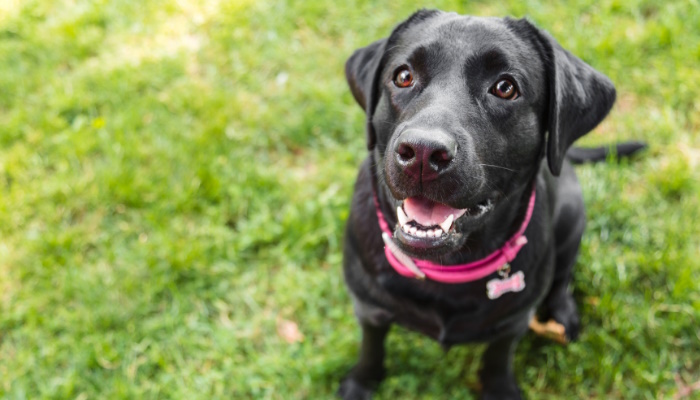
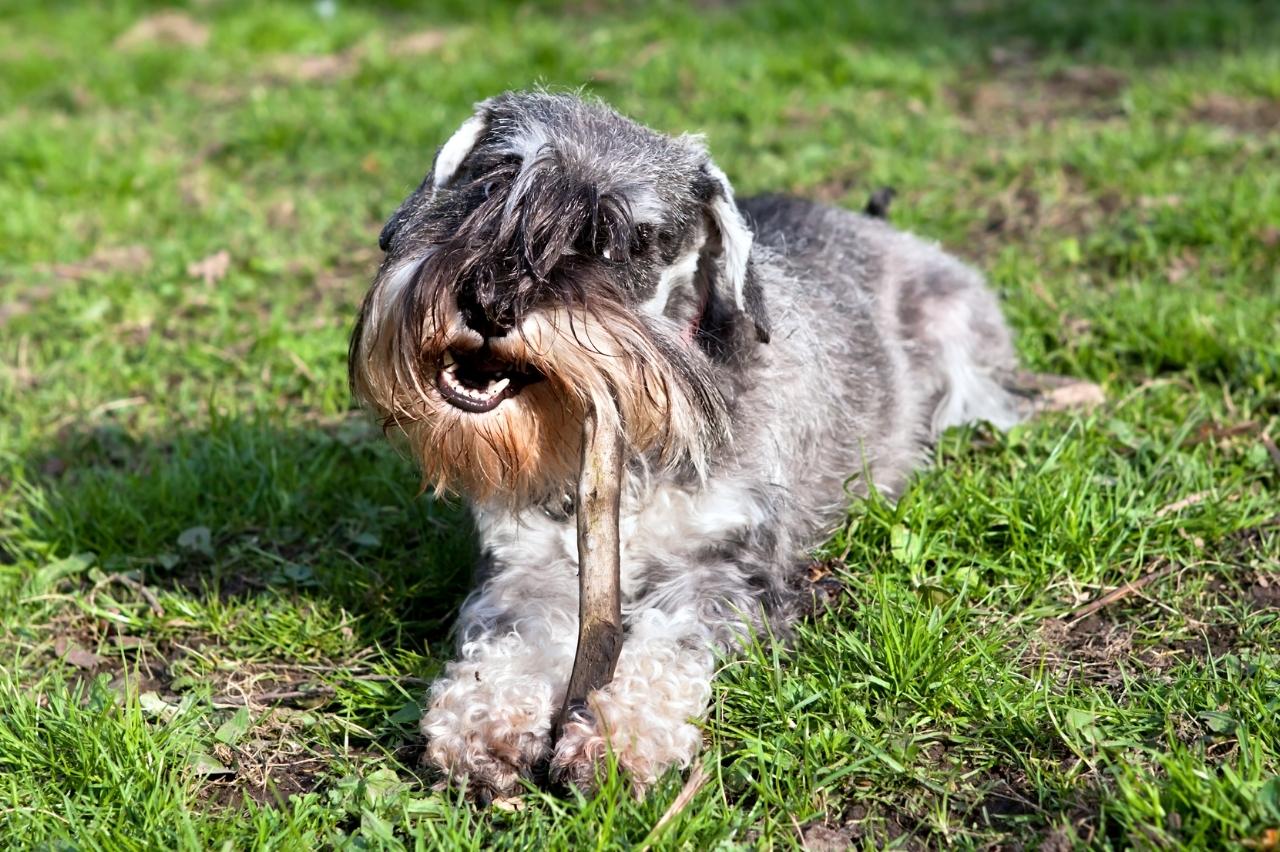
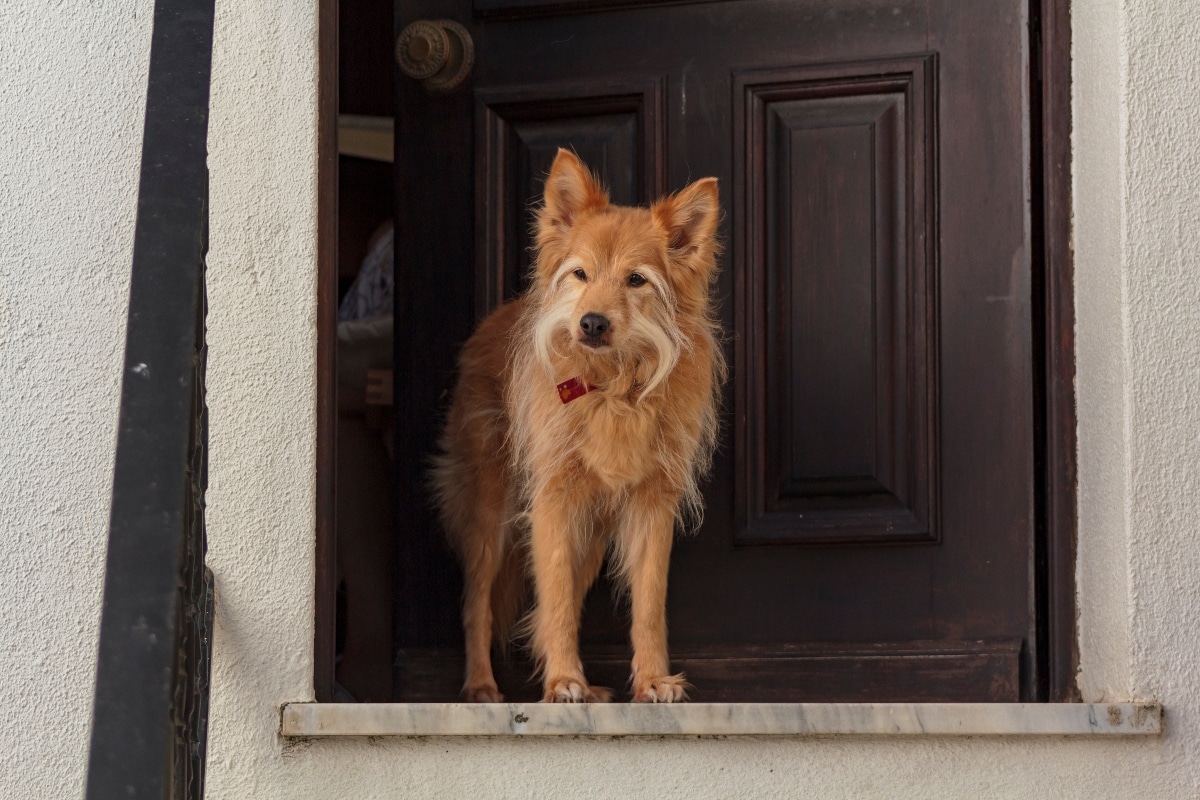
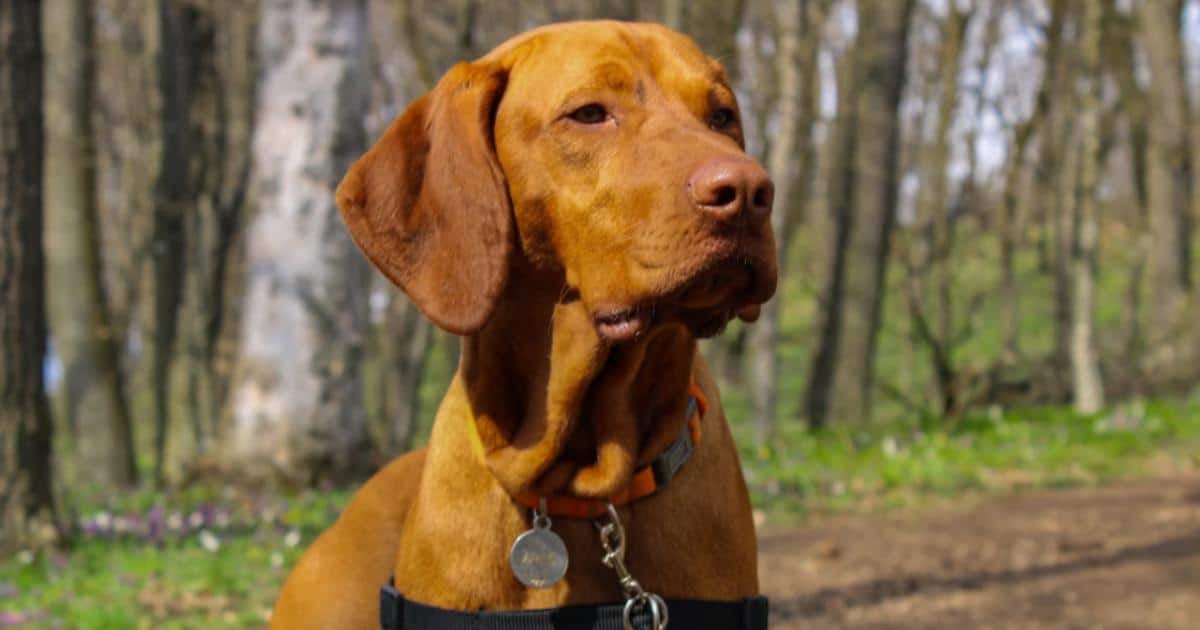
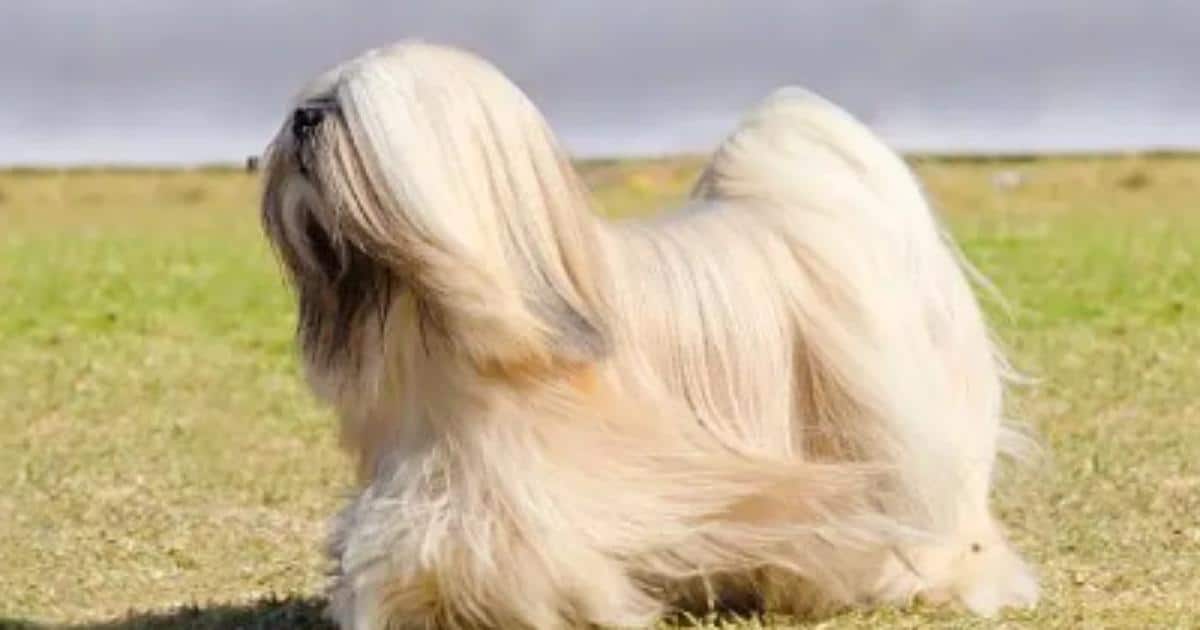
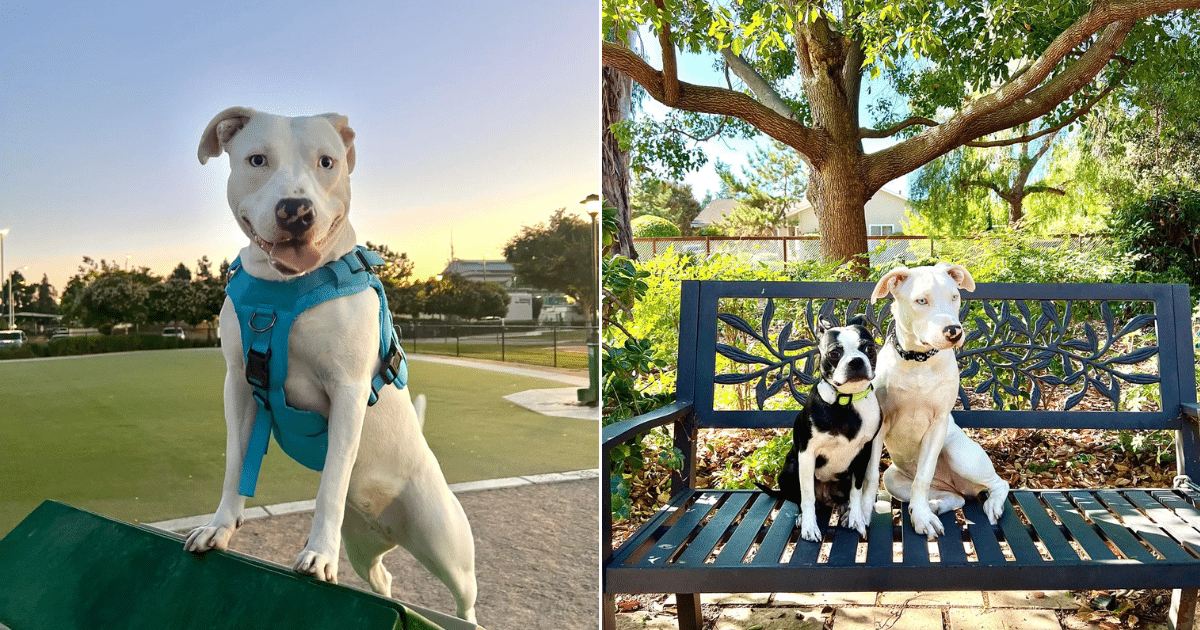
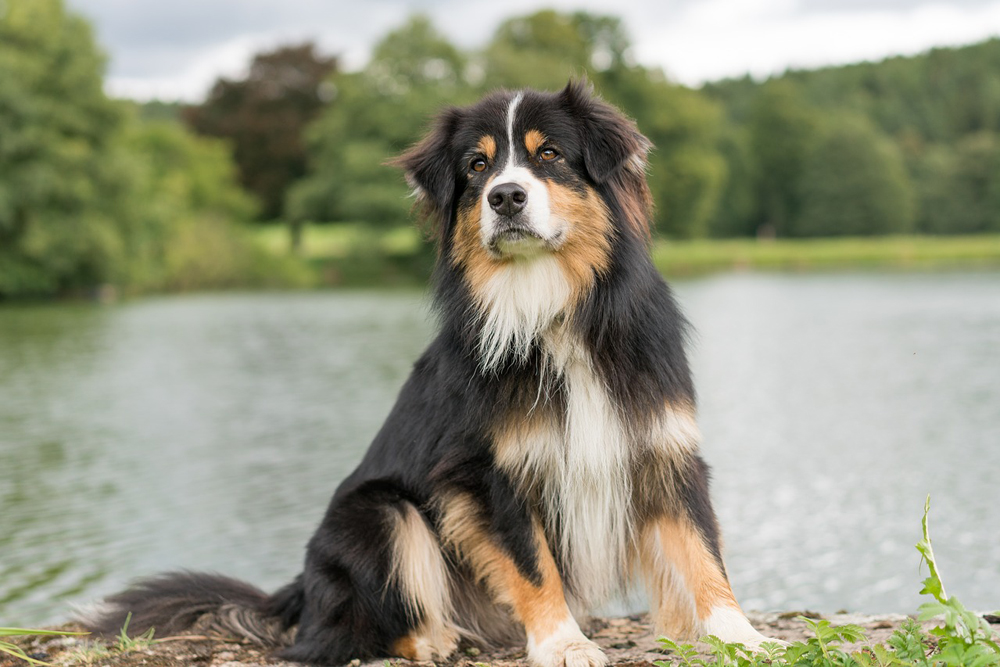
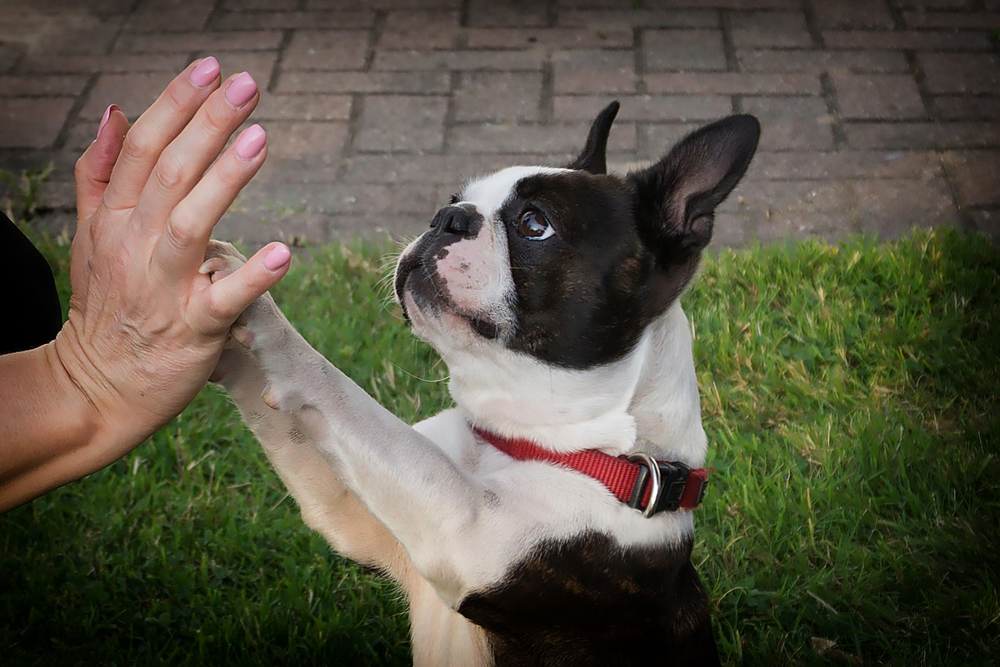
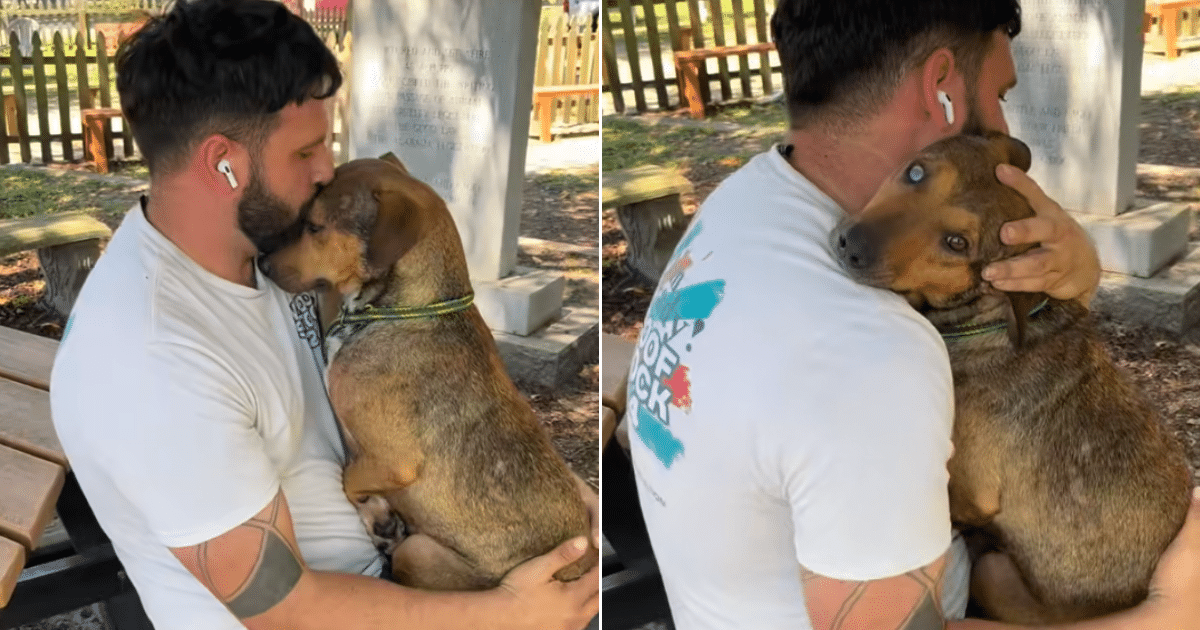
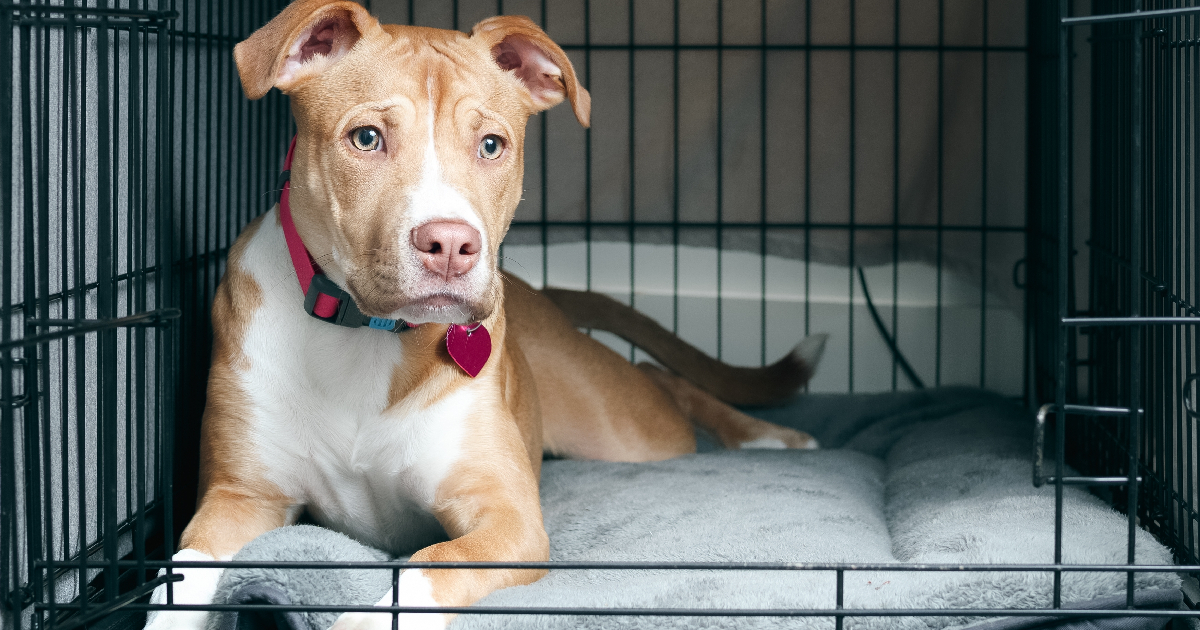

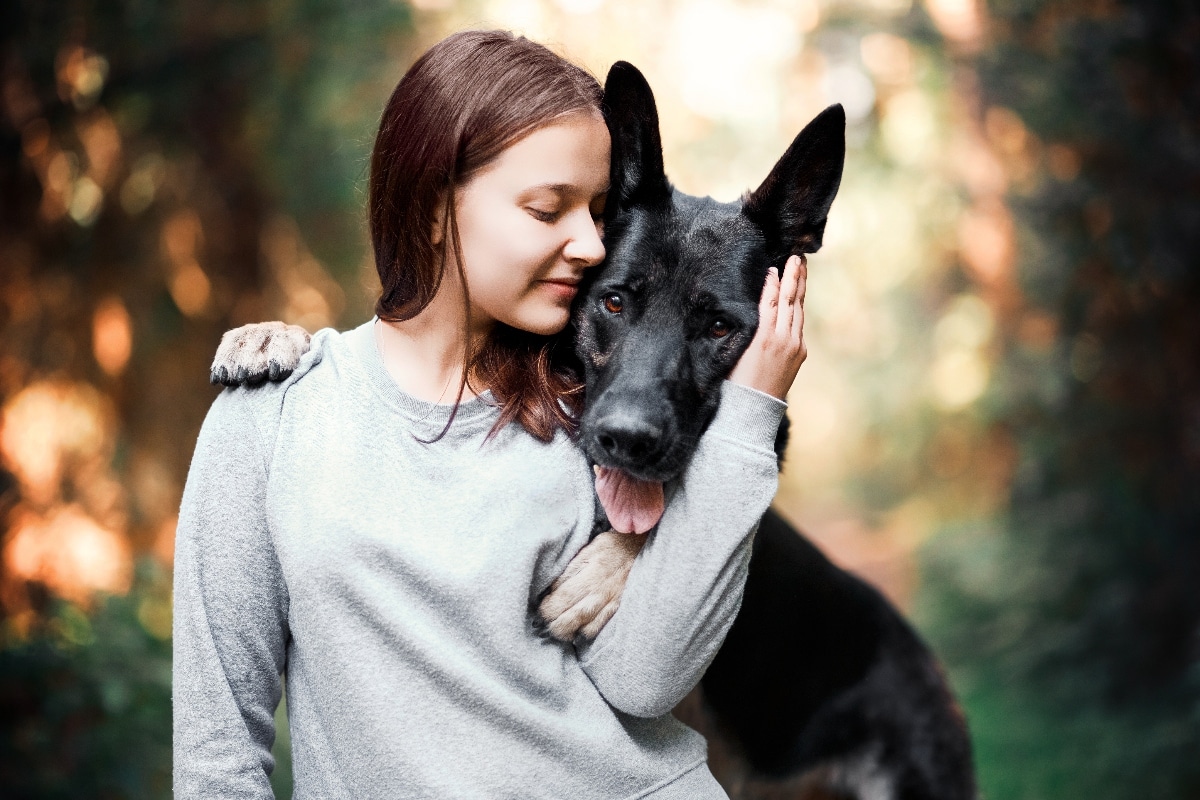




 English (US) ·
English (US) ·